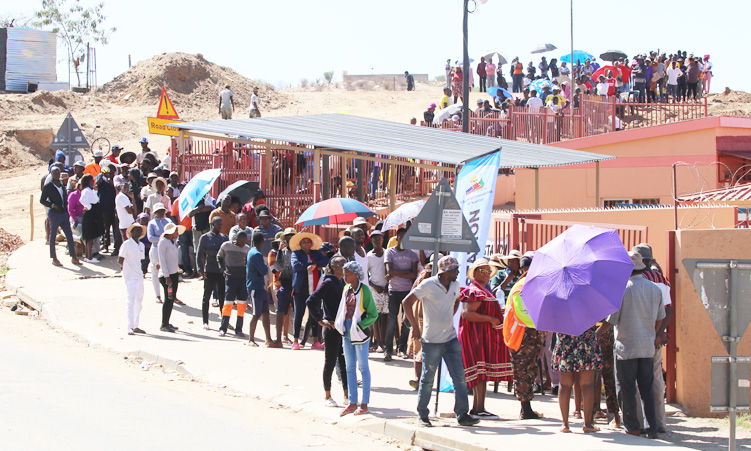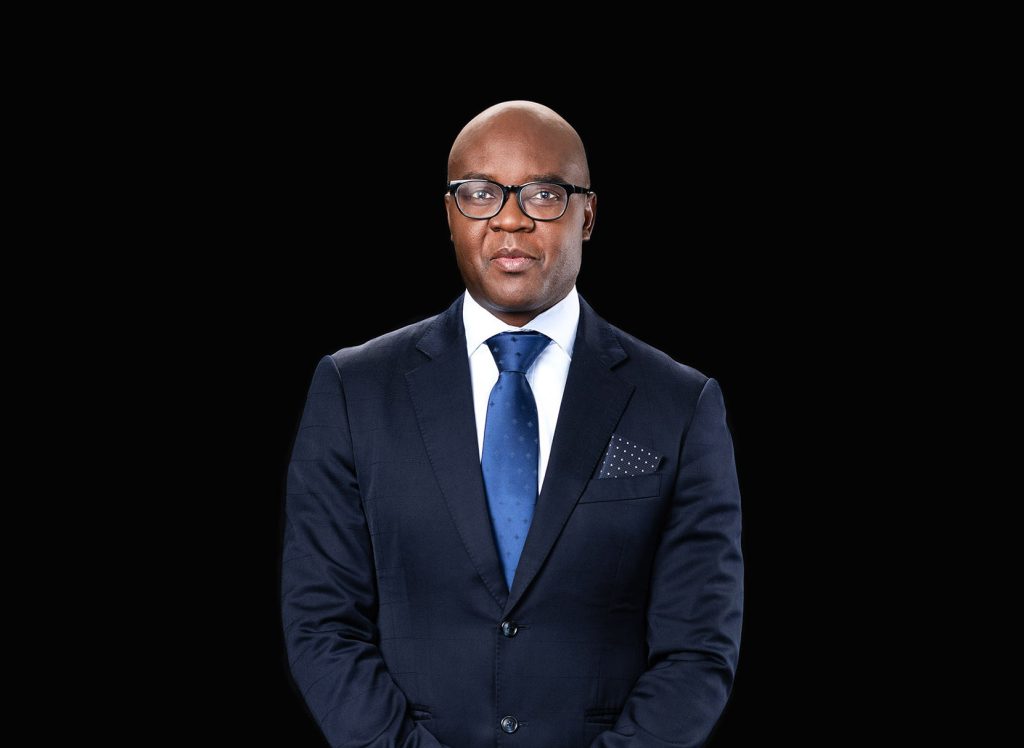Most of the solutions that local economists have been advocating remain the same over the years, however, the solutions do not get implemented, a local economist has said.
Theo Klein, an economist Simonis Storm Securities, said this in response to the recent United Nations Population Fund Namibia (UNFPA) figures showing a high level of income inequality in the country, with Gini coefficient at 57,2.
UNFPA also revealed that 43% of the population is multidimensionally poor.
Klein said Namibia’s poverty rates have been on the rise since 2016 when the economy stopped growing at rates above 4%.
“The economy stalled as a result of lower commodity prices, droughts and lower public expenditure. Probably the biggest contributor to lower economic growth was when the government embarked on fiscal consolidation,” Klein said.
He added that given the government’s large size, influence and control over almost all sectors of the economy, if it reduces spending, all agents in the economy will feel it.
“The number of Namibians who have to go without basic necessities such as food and cash increased by the lockdown- induced recession, which led to job losses and business closures,” he said.
According to Klein, while some Namibian households had savings they could use to pay for basic needs when they had to take salary cuts during the Covid-19 pandemic, not all households had private savings, hence, they did not have a private safety net to fall back on.
“Temporary social support from the government was, therefore, needed to help these households pay for basic necessities. The government handing out a one-off N$750 to affected individuals in 2020 was not sufficient for struggling households,” Klein said, adding that this naturally led to the widening in the gap between the rich and the poor in Namibia.
JOBS SCARCE
Klein said due to low economic growth, job opportunities are not bountiful, so finding alternative employment quickly is a challenge.
“Due to the supply of labour exceeding the demand for workers, we have high unemployment, low wages and wages that typically do not increase with inflation in our labour market,” Klein said
He added that the reality for most ordinary Namibians is that the rich get richer and the middle class remains relatively stagnant.
Klein said it would be interesting to see what has happened to income inequality both between and within racial groups.
However, the population census does not include questions on race. This is unfortunate because policy aimed at addressing income inequality will not be well targeted on the most-affected groups, he said.
“The government needs to create a more pro-business environment for local and foreign companies to establish themselves hassle- free and quickly so that they can go about manufacturing merchandise goods that we need to live or that we can buy as luxuries and for other companies to provide services that we need,” he said.
Klein said creating a friendly, welcoming and stable business environment would go a long way in solving most of the problems in the country.
“With a stable business environment … the law is the law today, tomorrow and most likely 15 years from now. Laws should not drastically change every time we have a new president, as this creates uncertainty to both local and foreign businesses, entrepreneurs and investors, Klein said.
He said democratic institutions such as the Anti-Corruption Commission and the justice system also significantly help in making sure that public finances are used wisely, correctly and prudently.
“We do not have a money issue in Namibia, we have a spending problem,” Klein said. Finance ministry spokesperson Wilson Shikoto said they will respond next week.
Stay informed with The Namibian – your source for credible journalism. Get in-depth reporting and opinions for
only N$85 a month. Invest in journalism, invest in democracy –
Subscribe Now!






